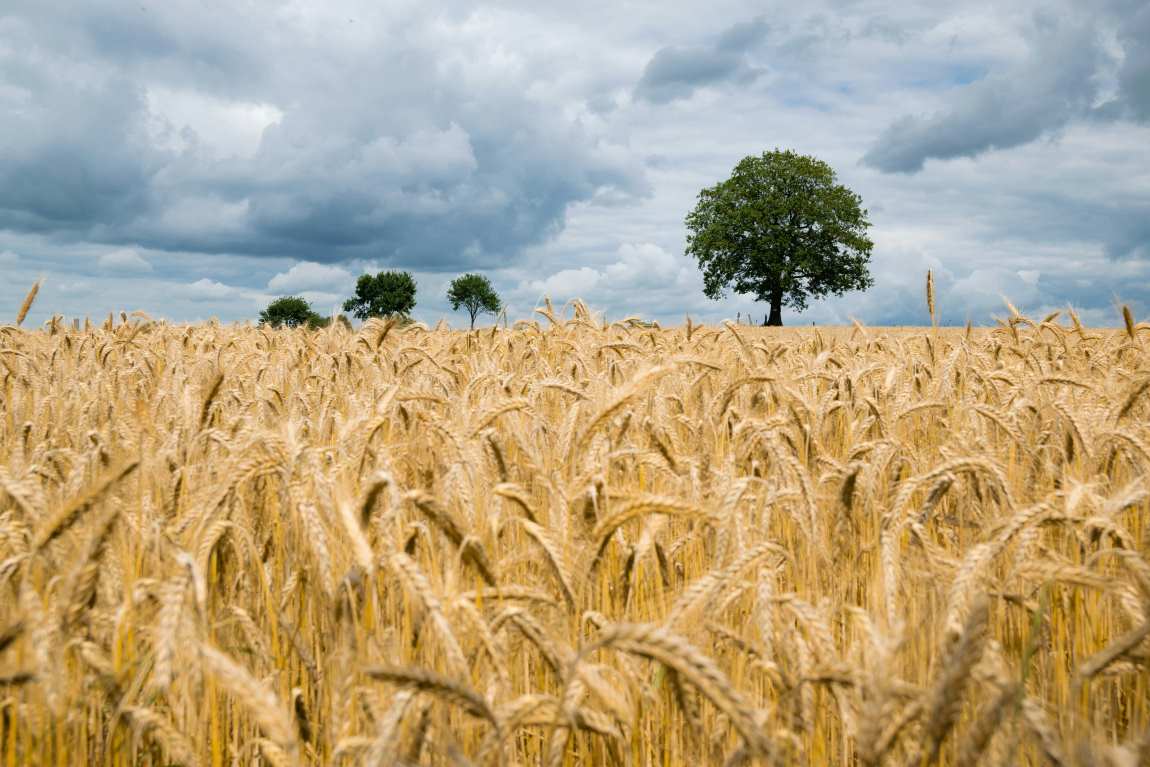Contrary to concerns about stagnating crop yields, new research reveals that global agricultural productivity has maintained consistent growth over the past six decades.
The study, conducted by John Baffes of the World Bank and Xiaoli Etienne of the University of Idaho, highlights the resilience of food production but also warns of mounting challenges to global food security.
The findings were published in PLOS ONE.
As the world’s population is expected to approach 10 billion by 2050, ensuring adequate food supplies becomes ever more critical. While technological advancements like improved crop varieties have fueled steady growth in food production, concerns about a potential slowdown have raised alarms, especially for low- and middle-income countries with the highest rates of population growth.
The study analyzed data from 144 crops covering 98% of global agricultural land, creating standardized measures to compare yields across regions. The results are clear: crop yields have grown annually at a global rate equivalent to 33 kilograms of wheat per hectare, with no significant decline in productivity. Importantly, regional or crop-specific slowdowns were offset by gains in other areas, demonstrating the adaptability of global agriculture.
However, challenges persist. The researchers emphasize that while the numbers are reassuring, sustainable farming practices and affordable food remain essential to addressing future food security. These concerns are amplified by the accelerating effects of climate change and rising global demand for food. Without careful planning, the progress of past decades could falter.
“On an aggregate level, global yield growth – a vital indicator of agricultural productivity – has not slowed over the past six decades. This steady growth equates to an annual increase of approximately 33 kilograms of wheat per hectare, highlighting continued productivity gains worldwide,” the authors wrote, emphasizing the significance of their findings.
Although global yield growth remains strong, the study underscores the need for action on sustainability, equitable food distribution, and mitigating the impact of climate change to ensure long-term food security for all.
Journal Reference:
Baffes J, Etienne X, ‘Yield growth patterns of food commodities: Insights and challenges’, PLoS ONE 19 (11): e0313088 (2024). DOI: 10.1371/journal.pone.0313088
Article Source:
Press Release/Material by PLOS
Featured image: A comprehensive study of worldwide food production finds yields have continued to grow at roughly the same rate since the 1960s. Credit: Kai Pilger | Unsplash



